I could see as I went through Boddington’s brewing records at the start of the 1900’s that they were brewing a lot of Mild. But the monthly total at the end of January 1902’s brews told me just how dominant it was: of 39 brews that month, 33 were for one of their four Mild Ales.
I could have made a rough approximation from just the number of brews, but luckily I have photos of all the brews for that month so I can come up with exact totals. Very exact totals: down to the gallon. Just shy of 50% of the total was XXX alone and all four Milds combined were 86% of output that month. That’s a very high percentage of what they brewed.
Compare and contrast is what I like to do. Usually it’s with Whitbread, because I have so much information about their beers. Unsurprisingly, they were brewing a much lower percentage Mild. And, being a London brewery, Porter and Stout were still important products for them.
Which doesn’t mean to say that they weren’t still brewing a shitload of Mild. It was still over 40% of their output and X Ale was their biggest seller by a long, long way. But Pale Ale was catching up fast. In 1880 1880 Mild was 53%, Pale Ale just 3%. By 1902 Mild was down to 43% and Pale Ale up to 19%.
What does this tell us? That London and the North of England were out of phase in beer style popularity. Pale Ales were relatively much more popular in London. I can think of one possible explanation: the middle class was bigger in London. Pale Ale was, at the time, still a relatively posh drink. But I’m sure some of the explanation is just in different fashions in different places.
Seventy years later, around the time I was starting to drink, Mild was still much more popular in the North than in London. In fact, Mild was almost dead by then in London, but still a standard pub beer in most of the North and the Midlands.
The other huge difference between the two breweries is the amount of Stout being produced: marginal quantities at Boddington, more than a third of production at Whitbread. And standard Porter, which Boddington no longer brewed, was one of Whitbread’s biggest sellers. In that sense Whitbread was behind most of the rest of the UK (apart from Ireland). The Porter drinking tradition was very much alive in London.
The only area where the two breweries have similar figures is Strong Ale, it both cases just over 2%. Which just tells us the strong beer drinking was a minority pursuit.
Here are the numbers in detail:
| Boddington output in January 1902 | ||
| Beer | Barrels | % |
| X | 478.39 | 15.64% |
| XX | 552.61 | 18.06% |
| XXX | 1521.83 | 49.74% |
| XXXX | 78.67 | 2.57% |
| Total Mild Ale | 2631.50 | 86.01% |
| BB | 71.81 | 2.35% |
| Total Strong Ale | 71.81 | 2.35% |
| AK | 79.81 | 2.61% |
| IPA | 78.89 | 2.58% |
| Total Pale Ale | 158.69 | 5.19% |
| S | 121.42 | 3.97% |
| DS | 75.94 | 2.48% |
| Total Stout | 197.36 | 6.45% |
| Total | 3059.36 | 100.00% |
| Source: | ||
| Brewing record held at Manchester Central Library, document number M693/405/125. | ||
| Whitbread output year ending June 1902 | ||
| Beer | Barrels | % |
| X | 316,128 | 42.62% |
| XK | 5,768 | 0.78% |
| Total Mild Ale | 321,896 | 43.39% |
| KK | 7,244 | 0.98% |
| KKK | 2,590 | 0.35% |
| 2KKK | 5,239 | 0.71% |
| Total Strong Ale | 15,073 | 2.03% |
| PA | 12,714 | 1.71% |
| 2PA | 44,122 | 5.95% |
| FA | 52,651 | 7.10% |
| IPA | 34,307 | 4.62% |
| Total Pale Ale | 143,794 | 19.38% |
| P | 81,926 | 11.04% |
| S | 8,315 | 1.12% |
| C | 35,700 | 4.81% |
| CS | 82,752 | 11.16% |
| SS | 41,017 | 5.53% |
| SSS | 11,333 | 1.53% |
| Total Stout | 261,043 | 35.19% |
| Total | 741,806 | 100.00% |
| Source: | ||
| Whitbread brewing records held at the London Metropolitan Archives, document numbers LMA/4453/D/01/067 and LMA/4453/D/09/096. | ||

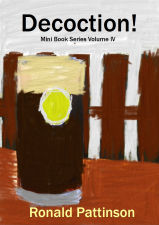



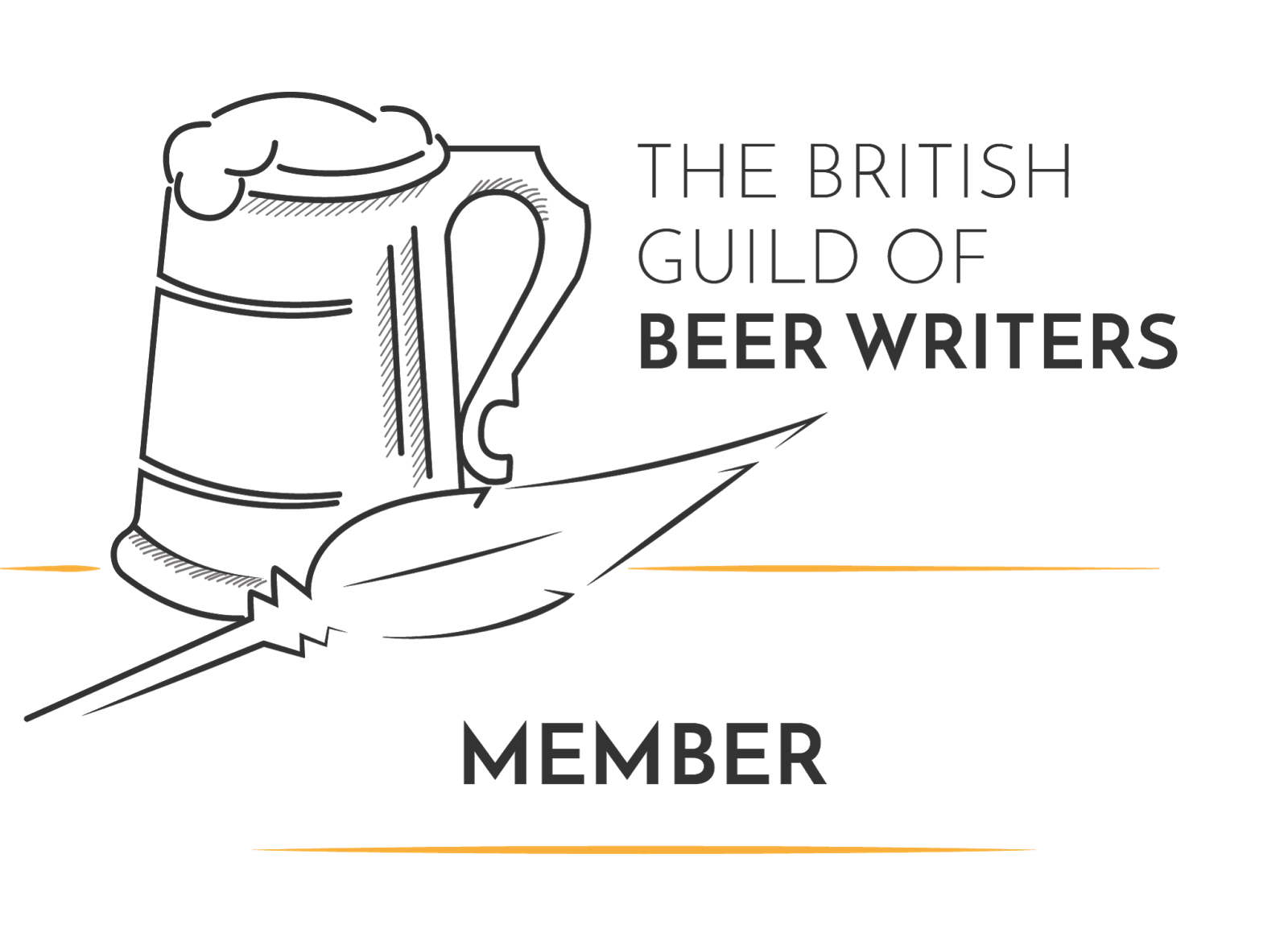









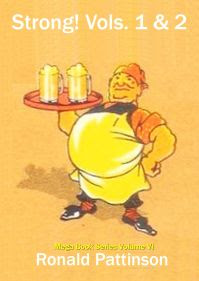


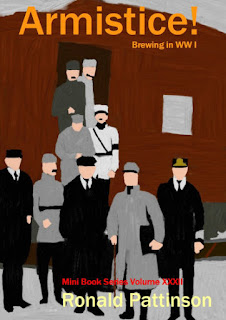
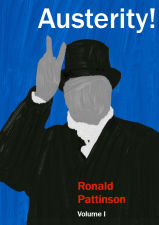

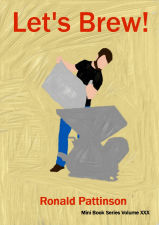

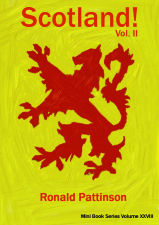
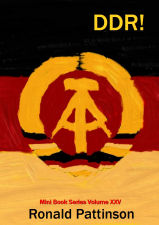


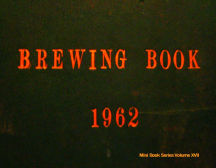
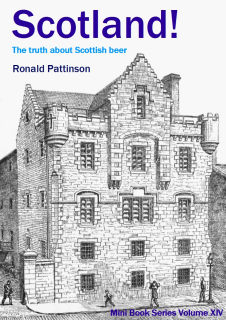
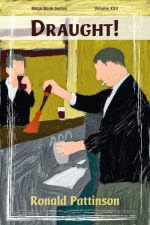

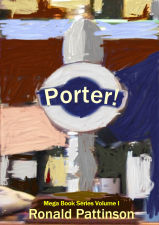

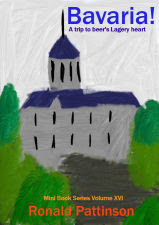

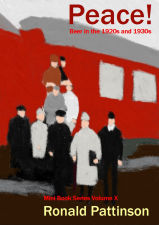

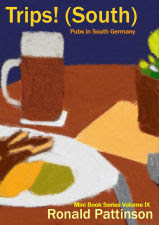
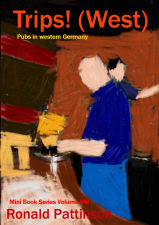































1 comment:
I remember my Mum's cousin once telling me that the first time his father took him to a pub as a teenager, in Wigan in the mid-fifties, he and all his older male relatives drank pints of bitter and mild mixed. As well as there being more posh people drinking pale ale in London than in Lancashire, those kind of splits must have kept mild going a bit longer here than in the South. I remember them as a teenager in pubs in the late 80's, although by then it was bottled brown ale or stout that tended to be added to the draught bitter.
Post a Comment